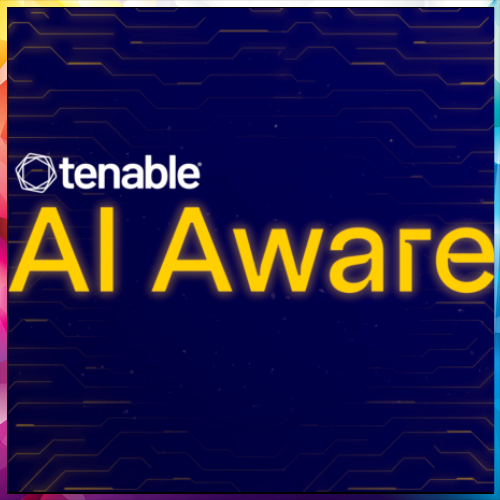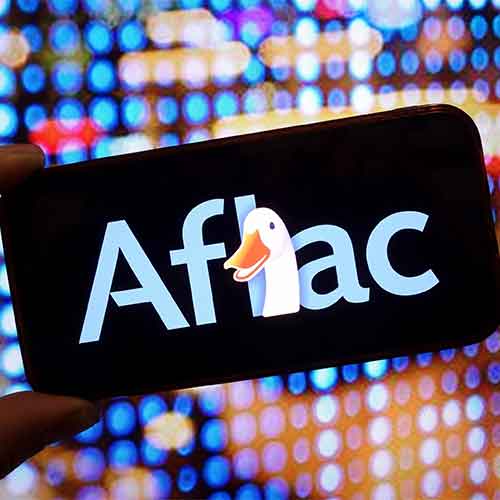
Artificial intelligence (AI) has sparked a range of concerns, from fear of judgment to feelings of loneliness. A recent study published in BMC Psychology adds a new dimension to the discussion. Conducted by researchers in South Korea, the study analyzed 504 Chinese art students and found that individuals exhibiting higher levels of narcissism, psychopathy, and Machiavellianism were more likely to use AI tools such as ChatGPT and Midjourney than their peers.
The study, conducted by Jinyi Song from Chodang University and Shuyan Liu from Baekseok University, equates AI usage among art students to academic misconduct such as cheating and plagiarism. These behaviours are often associated with the "Dark Triad" personality traits used to evaluate negative characteristics. The researchers highlighted that these traits correlate with unethical academic practices.
The study, conducted across six art-focused universities in China’s Sichuan province, spanned disciplines such as visual arts, music, drama, and dance. It revealed that students with higher scores in dark personality traits were more inclined to submit AI-generated content as their own. This poses a significant concern in creative and academic fields where originality is essential. Those who ranked high on the “Dark Triad” scale also showed greater anxiety about academic performance and were more prone to procrastination, often turning to AI tools to complete their assignments. This pattern aligns with previous findings linking student procrastination to increased AI dependence.
The researchers also explored materialism among the survey participants. Those who valued external rewards and praise were more prone to using AI for achieving their goals. This suggests a link between materialistic tendencies and increased dependency on AI technologies.
The authors recommend that educational institutions redesign curricula to make assignments less vulnerable to plagiarism and AI mimicry. They emphasize the importance of teaching students about the ethical challenges associated with AI use, aiming to discourage reliance on technology as a shortcut in education. By understanding these dynamics, schools can better prepare students for responsible AI usage. Educators need to address both the ethical implications and practical applications of AI in learning environments.
See What’s Next in Tech With the Fast Forward Newsletter
Tweets From @varindiamag
Nothing to see here - yet
When they Tweet, their Tweets will show up here.




























